Europe’s valuable wine and beer industries are working to retain their competitive edge with an expanded range of aromas and blockchain-based fraud prevention.
The debate over whether fermentation was a more important human discovery than fire will continue forever. In the meantime, with Europe as the world’s premier producer of wine and a significant manufacturer of beer, Horizon-backed scientists are researching ways to reinforce Europe’s competitiveness in the drinks industry.
In 2019, European Union wine sales were 16 billion litres with an export value close to € 20 billion, while beer production in the EU in 2020 amounted to 33.1 billion litres. Europe accounts for 63% of global wine production while the number of breweries in Europe now exceeds 11 000.
The wine sector has built its reputation and dominant market share based on quality but all the turmoil of recent years and the risks from climate change mean that the drinks industry cannot afford to stand still, especially with imported beverages becoming increasingly popular.
Enhancing beer and wine flavours through research into new yeast strains is one way the drinks industry is trying to keep ahead. At the other end of that, more secure supply chains are needed to ensure delivery of a quality product. This will help Europe’s drinks industry retain its market position.
Distinct aroma
Alcoholic flavours result from complex metabolic reactions performed by yeasts. A type of fungus that transforms sugars into alcohol during fermentation, yeasts also help to give each wine its distinct aroma and taste.
The Horizon-funded Aromagenesis project, led by the University of Dublin in Ireland, focused on understanding the genetics and biochemistry in yeast strains that are responsible for aromas and flavours in lager beers and wine.
‘The traditional wine and beer industry uses specific and limited numbers of yeast strains,’ said Ursula Bond, professor of microbiology at the University of Dublin. ‘We thought it was important to make a big survey of different wines’ and lagers’ yeasts and characterise them to see whether some already existing in nature have more favourable aroma and flavour.’
Aromagenesis, which finished researching in May this year, assessed whether science could help by varying the flavour profile of certain strains. Working with the drinks industry, through experiments, co-fermentation and hybridisation, the researchers were able to select new yeast strains.
They then created a bank of natural yeast that can produce different flavour compounds and in varying amounts. This led to a bounty of new yeast varieties and taste profiles.
Yeast palette
The new yeast palette is currently available to companies involved in the project. They include German brewer Erdinger Weissbräu and Canada-based Lallemand, who develop of yeasts for the global market.
‘We are now finishing the first trial fermentations in our experimental wineries,’ said Jose Heras, technical manager at Lallemand Oenology in Spain. Spain is Europe’s second largest exporter of wine with 27% of the market in 2019. The project will turn to the winery to ‘validate four of the hybrid yeast strains created for aromatic white wines,’ he said.
The drinks industry intends to put the yeast research to immediate effect with commercialisation of more flavourful Sauvignon Blanc and Verdejo wines potentially starting in 2023, according to Heras.
Some consumers have reservations about genetically modified organism (GMO) products, so the research was conducted exclusively with non-genetically modified (GMO) yeasts. This will potentially broaden the appeal of the results within the drinks industry as a whole, according to Bond.
Aromagenesis research is published as a publicly available resource which could also end up benefiting many others in the drinks industry.
‘Part of our research is open-source and our data will be published soon,’ said Bond. If a beer or wine producer wishes to avail itself of the new strains, it can make licensing agreements, she said.
Wine fraud
Alcohol ranks among Europe’s most counterfeited products. Unfortunately, the consumer appeal of such household names as Spanish Rioja, Portuguese Porto and Italian Prosecco, attracts the attention of criminal gangs seeking illicit profits. Wine fraud, where a cheaper product is passed off as a fine wine, is estimated at €1.3 billion annually, or around 3% of total sales.
At the moment, a wine label provides consumers with information about the origins and flavours of the product. However, it can’t enlighten them about the number of intermediaries between the vineyard and the shop or restaurant where it’s purchased.
The TRACEWINDU project, which began last year, has set out to change this.
The Horizon-backed project is focusing on a decentralised blockchain technology that, with a printed QR code, could register information about a wine bottle’s whole life cycle in a manner that is transparent.
Blockchain technology is familiar to users of so-called digital currencies such as bitcoin, because it promises security and traceability.
‘Wine producers are concerned about illicit trade, so we need to identify in an unambiguous way the origin of the wine,’ said Gustavo Pérez González, senior project manager at the Universitat Autònoma de Barcelona in Spain.
Tracewindu are also investigating the possibility of including information derived from analytical chemistry techniques in the QR code. These can be used to specify the unique features of a bottle of wine, such as the geographical location, providing a further guarantee of the contents.
Winemakers participating in the project also suggested tracking the temperature during transportation. This would help ensure that the wine hasn’t been degraded when it reaches its destination, creating improved consumer satisfaction.
Environmental goals
In line with the European Green Deal plans to reduce the use of pesticides and fertilisers, the project also has environmental goals.
‘We are now looking at ways to reinforce the immune system of grapevines and therefore reduce the need for additional chemicals,’ said Pérez González.
This resilience will be reflected in the label too. If it can be shown that the organic characteristics of the wine are not altered, this feature could add value by showing which winegrowers comply with European sustainability goals.
Pérez González also foresees a possible bottle-return system. This would require winemakers to commit to the QR coded and laser-printed bottles on a long-term basis – but it would align with the circular- economy objective of reusing food packaging rather than producing more of it. This would lead to job-creation in the traceability, distribution and logistics sectors.
More info

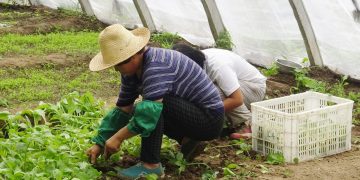


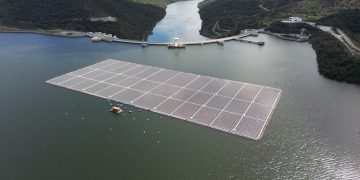

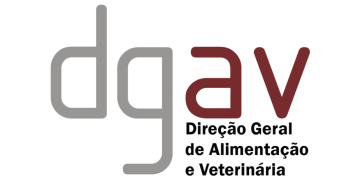
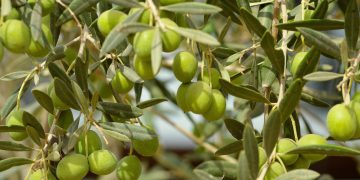
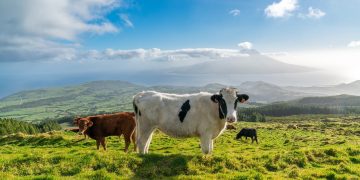










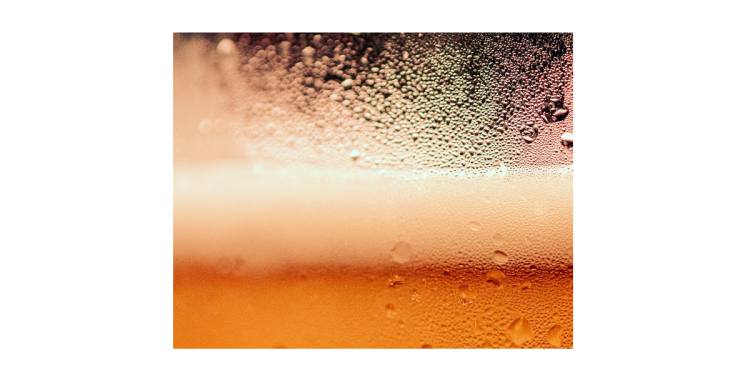
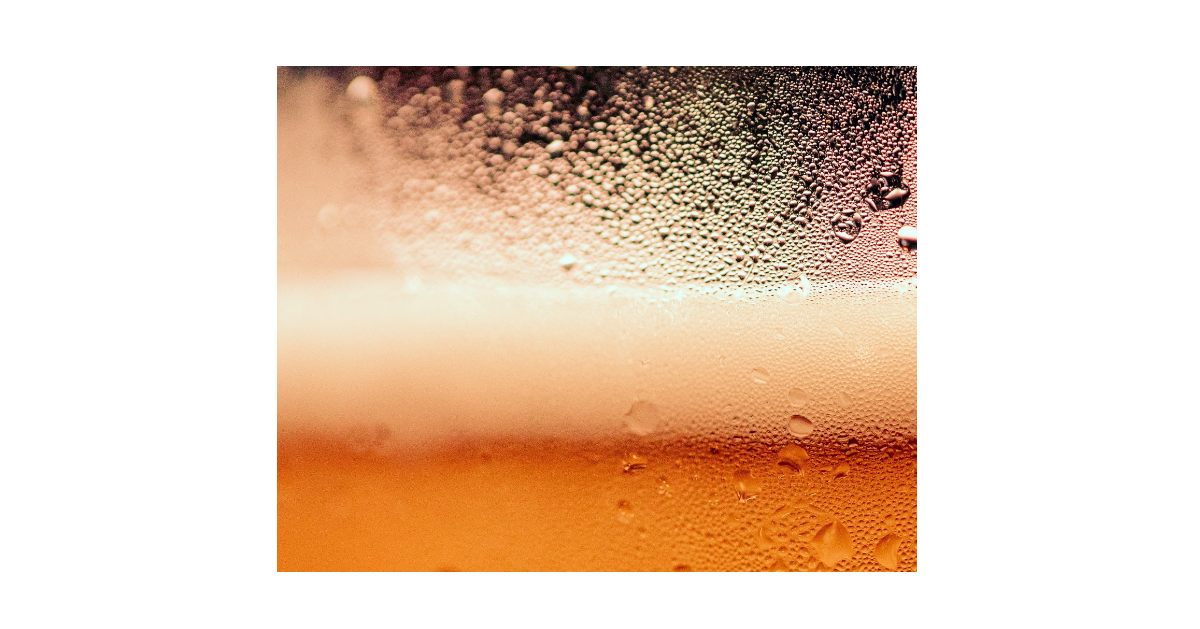

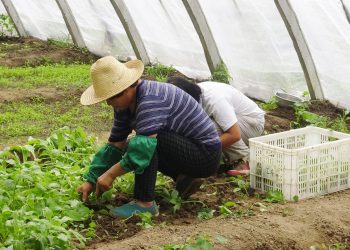



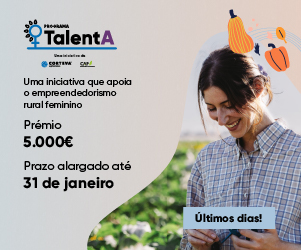















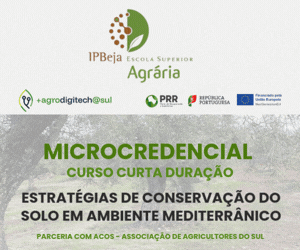










Discussão sobre este post